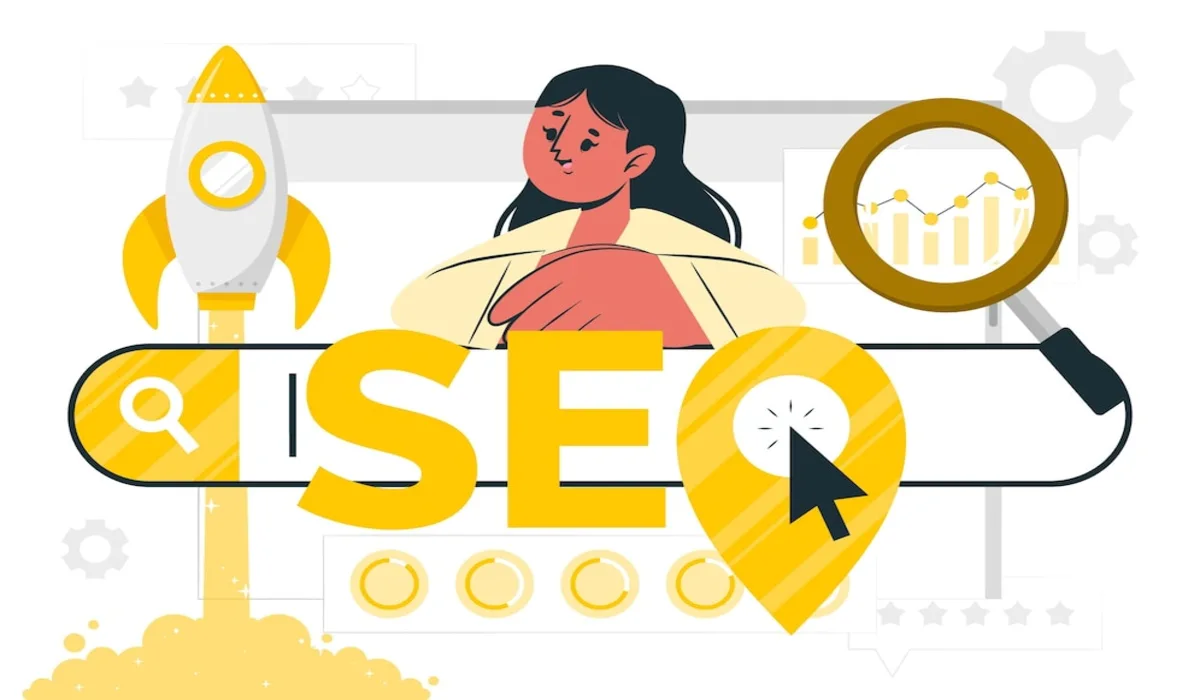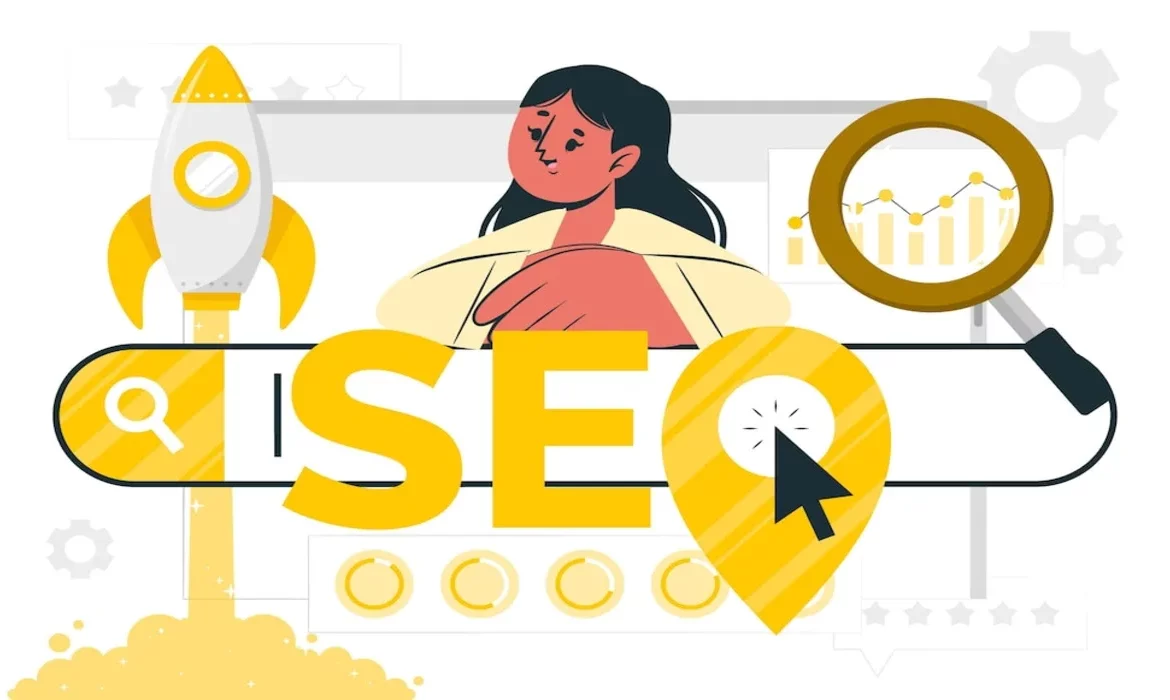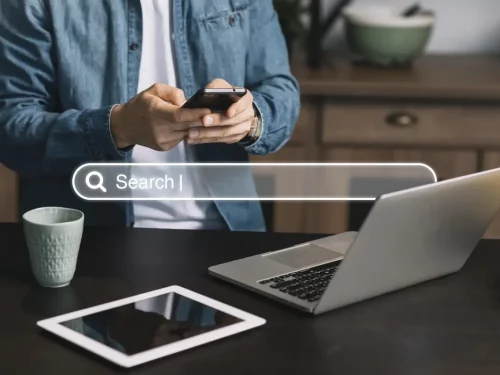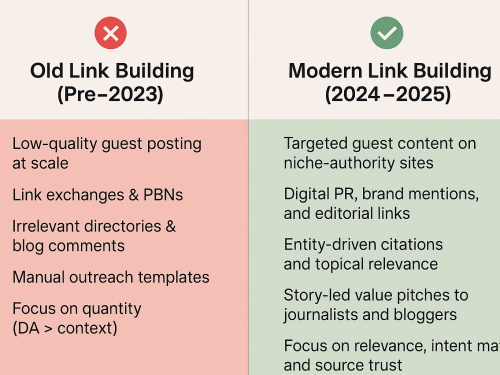
In the vast world of digital marketing, SEO (Search Engine Optimization) is the key to improving your website’s visibility and ranking on search engines. But when it comes to SEO, you’ll often hear the terms “on-page SEO” and “off-page SEO.” Understanding the difference between these two is crucial for anyone aiming to optimize their website effectively. In this blog, we’ll dive deep into the difference between on-page SEO and off-page SEO and help you understand which areas need your attention to boost your website’s performance.
What is On-Page SEO?
On-page SEO refers to the strategies you implement directly on your website to improve its search engine ranking. This includes everything you can control and optimize, such as content, meta tags, headings, images, and even the URL structure. The goal of on-page SEO is to ensure that search engines understand what your pages are about and can index them appropriately.
Here are some important elements of on-page SEO:
- Title Tags: The title of your page is one of the most important ranking factors.
- Meta Descriptions: This short snippet appears under your page title in search results. Make it appealing!
- Headings (H1, H2, H3, etc.): These help break your content into digestible sections and provide SEO benefits.
- Internal Linking: Linking to other pages within your website enhances navigation and distributes authority across pages.
- Image Optimization: Properly optimized images contribute to faster page loading speeds and a better user experience.
To dive deeper into what SEO means and how it can improve your website performance, check out this informative article on What Does SEO Mean?.
What is Off-Page SEO?
Off-page SEO refers to the actions taken outside of your website to impact your rankings within search engine results pages (SERPs). These activities typically focus on building your site’s authority and credibility. While you can’t control off-page SEO as easily as on-page SEO, it’s still crucial to your success.
Key off-page SEO strategies include:
- Backlinking: Getting links from authoritative sites back to your website. These backlinks are like votes of confidence.
- Social Media Marketing: Engaging with users on social platforms can indirectly influence your rankings.
- Guest Blogging: Contributing content to other websites within your niche can help build your credibility and get backlinks.
- Influencer Marketing: Collaborating with influencers to promote your website and increase your reach.
If you want to take your SEO to the next level with professional guidance, check out our Professional SEO Services.
What Are the Key Differences Between On-Page and Off-Page SEO?
The primary distinction between on-page and off-page SEO lies in where the optimizations occur. While on-page SEO involves elements within your website that you have control over, off-page SEO is about improving your site’s reputation and authority externally.
Here are a few crucial differences:
- Control: You have direct control over on-page SEO, but off-page SEO depends on external factors like backlinks and social signals.
- Focus: On-page SEO focuses on making your website content user-friendly and search-engine-friendly, while off-page SEO focuses on building your website’s authority through external sources.
- Ranking Factors: On-page SEO factors are mostly related to content, structure, and technical aspects of the website. In contrast, off-page SEO factors involve backlinks, social media shares, and online mentions.
Also Read: Why Is It Important to Utilize SEO Factors with Website Development
On-Page and Off-Page SEO Checklist
If you’re wondering where to start, here’s a quick checklist to guide your on-page and off-page SEO efforts:
On-Page SEO Checklist:
- Ensure every page has a unique and optimized title tag.
- Write a compelling and concise meta description.
- Use proper heading tags to organize content.
- Optimize images for faster load times.
- Implement internal linking for better navigation.
- Ensure your website is mobile-friendly and loads quickly.
Off-Page SEO Checklist:
- Build high-quality backlinks from authoritative websites.
- Promote your website on social media platforms.
- Write guest posts for reputable blogs in your industry.
- Engage in influencer marketing to boost visibility.
- Monitor and manage your online reputation and reviews.
Also Read: Why Is It Important to Utilize SEO Factors with Website Development
What is the Difference Between Onsite and Offsite SEO?
Onsite SEO refers to optimizations made directly on your website—essentially the same as on-page SEO. On the other hand, offsite SEO focuses on factors outside of your website that affect your rankings, such as backlinks and social engagement. Both are crucial to a successful SEO strategy.
What is the Difference Between On-Page and Off-Page Ranking Factors?
On-page ranking factors include elements like keyword usage, content quality, and website structure. These factors are directly under your control and help search engines understand the content and purpose of your pages. Off-page ranking factors, however, primarily revolve around how trustworthy and authoritative your website is in the eyes of others. These include the quality and quantity of backlinks, social signals, and overall online reputation.
In conclusion, both on-page and off-page SEO are integral to your website’s success in search engine rankings. While on-page SEO helps search engines understand your content and makes it more accessible to users, off-page SEO focuses on building your site’s reputation and authority in the online world.
Understanding the key differences between on-page SEO and off-page SEO will enable you to create a more effective SEO strategy that covers all bases. By optimizing both aspects, you can ensure that your website stands out and ranks higher in search results.
Let us know if you need any help optimizing your site or want to learn more about professional SEO services!
EvenDigit
EvenDigit is an award-winning Digital Marketing agency, a brand owned by Softude (formerly Systematix Infotech) – A CMMI Level 5 Company. Softude creates leading-edge digital transformation solutions to help domain-leading businesses and innovative startups deliver to excel.
We are a team of 70+ enthusiastic millennials who are experienced, result-driven, and hard-wired digital marketers, and that collectively makes us EvenDigit. Read More




